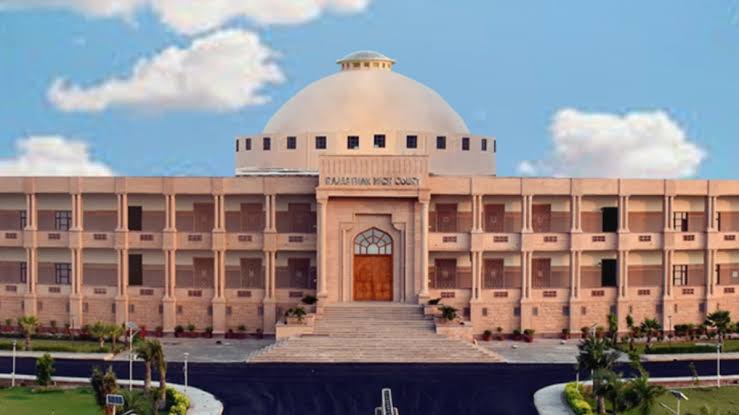


The Supreme Court on Monday objected to the Rajasthan High Court directing a State-run electricity distribution company (DISCOM) to purchase 200MW of power from a private company in deal that would have increased tariffs for consumers [Jaipur Vidyut Vitran Nigam Limited and ors vs MB Power Madhya Pradesh Private Limited and ors].A bench of Justices BR Gavai and Prashant Kumar Mishra made it clear that a writ of mandamus could not have been issued by the High Court to a State instrumentality to its detriment.
"The High Court ... could not have issued a mandamus to the instrumentalities of the State to enter into a contract, which was totally harmful to the public interest ... the State would have been required to bear financial burden in thousands of crore rupees, which would have, in turn, passed on to the consumers ... the mandamus issued by the Court is issued by failing to take into consideration the larger consumers’ interest and the consequential public interest," the bench observed while quashing the High Court order.The top court added that the interests of both consumers and DISCOMs have to be balanced in such cases.
However, it stressed that "it will not be permissible to take a lopsided view only to protect the interest of the generators ignoring the consumers’ interest and public interest."Cannot blow hot and cold: Supreme Court on Haryana discoms going back on stance taken before CERC.The observations were made in a case arising out of appeals against a Rajasthan High Court order that had directed the Jaipur Vidyut Vitran Nigam Limited to purchase electricity from a Madhya Pradesh-based private company, MB Power Private Limited.This was despite a bid by another supplier being lower, the top court found.The apex court further noted that the mandamus was issued on a writ petition filed by the private power company directly before the High Court without availing remedies available under the Electricity Act.The bench opined that the High Court ought should not have entertained such a writ petition directly.“As held by the Constitution bench of this court, the state electricity commission and the learned APTEL (Appellate Tribunal for Electricity) have ample powers to adjudicate in the matters with regard to electricity. Not only that, these tribunals are tribunals consisting of experts having vast experience in the field of electricity," the Supreme Court observed.The Court also disagreed with a connected APTEL decision in related case, which had concluded that there was no need for the Bid Evaluation Committee to check on whether the rates quoted by bidders are aligned with prevailing market prices once the bidding process is found to be transparent.An alternative interpretation would defeat one of the main objects of the Electricity Act, that is, the protection of the consumer, the Supreme Court added.The bench proceeded to allow the appeals before it by Jaipur Vidyut Vitran Nigam Limited and the State government.The Court also directed MB Power to pay ₹5 lakh each as litigations costs to the State government and the DISCOM.Senior Advocate P Chidambaram represented the Jaipur Vidyut Vitran Nigam Limited.Senior Advocates AM Singhvi and CS Vaidyanathan appeared for MB Power (Madhya Pradesh) Private Limited.
TAGS: Supreme Court APTEL Decision Bid Evaluation Committee Bidders' Rates